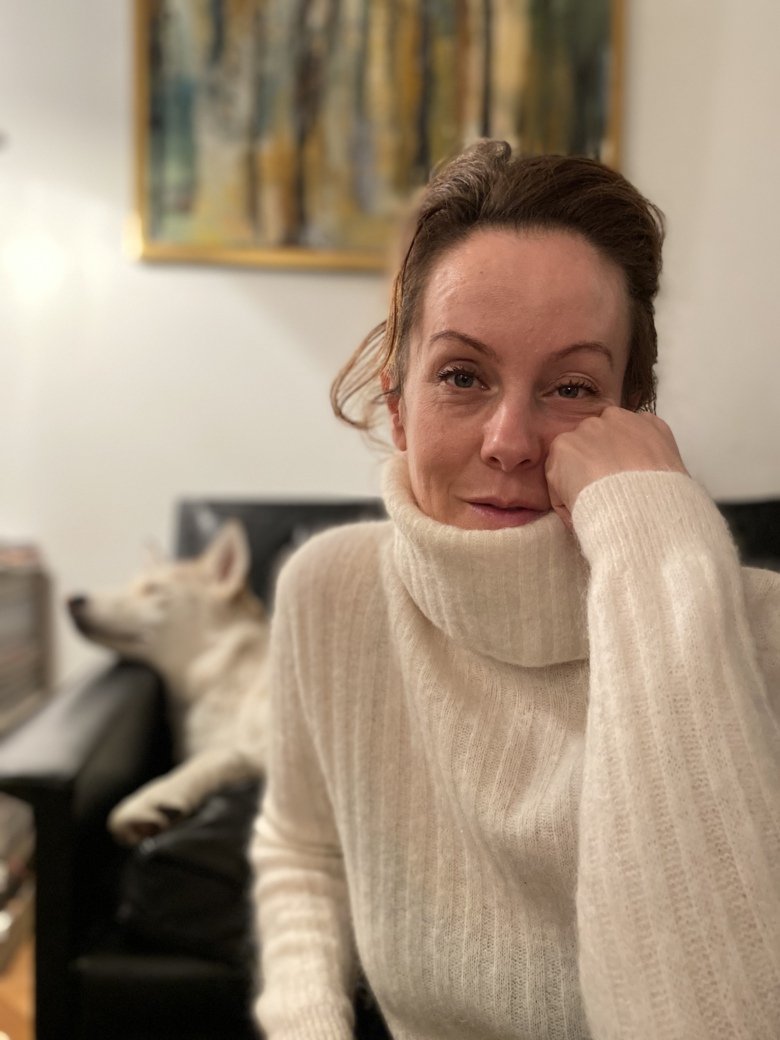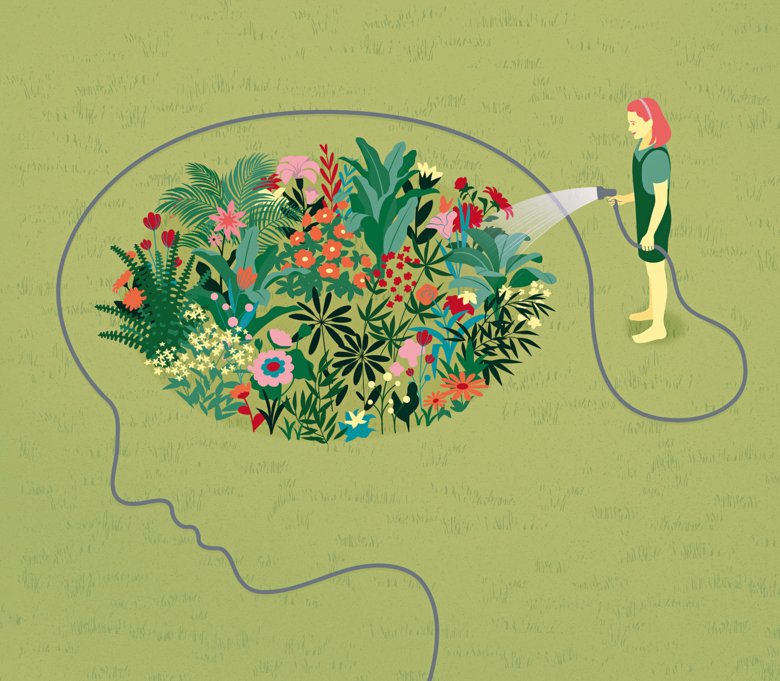Can psychedelics help with severe depression?
Research into psychedelic substances has taken off. Now KI researcher Maria Beckman will look more closely at whether therapy together with the substance psilocybin can help with treatment-resistant depression.

What is the PSIPET study?
“This is investigating the effect of the psychedelic substance psilocybin on the number of connections between nerve cells in the brain and depression symptoms. The aim is partly to increase understanding of depression and partly to increase knowledge about psilocybin treatment.”
What potential do you see in psilocybin?
“Here we are working on the physiological effect of the substance and the therapy as two inseparable parts. This is an intractable patient group where traditional care does not help everyone. Current treatments often take a long time, using medications that can cause side effects. Psilocybin is given as a single dose and has demonstrated relatively rapid and long-lasting efficacy in previous studies. The substance also seems to facilitate the therapeutic work by changing locked-in behaviour patterns, which may be due to the relationship between more nerve cell connections, the psychedelic experience and the antidepressive effect.”
How are you performing the study?
“30 patients with depression and without other ongoing treatment are participating for a year. Half receive a dose of synthetically manufactured psilocybin and half receive a placebo substance that produces a physiological reaction without any antidepressive effect. Patients are examined through psychiatric assessment, sampling and magnetic and PET cameras. Throughout treatment, patients have the support and help of therapists.”
What is the therapists’ role?
“The same two therapists follow the patient throughout the treatment. During the preparation session, a relationship is established and the patient is prepared. During the dosing, therapists work on the safety and security of patients, while helping the patient to accept and explore their experience. After about five hours, the effect will have subsided. A psychedelic experience is often powerful. To reduce the risks and increase the possibility of psychological development, the patient is assisted by means of three subsequent therapy sessions.”
Researching psychedelic and drug-classified substances such as LSD and psilocybin is controversial – what is your view?
“It is important that the historical mistakes made when studying psychedelic substances are not repeated. There were shortcomings in study design and how the substances were handled. Recent studies show that the substance is neither addictive nor toxic in clinically-relevant doses. Then, it is important to create a safe and helpful therapeutic environment for patients. We need to continue researching in a safe manner so as to help more patients.”
Text: Magnus Trogen Pahlén, first published in Swedish in the magazine Medicinsk Vetenskap no 4/2020.
More reading
 Foto: Joey Guidone
Foto: Joey GuidoneHold on and hold out – save more people from suicide
Approximately 1,500 Swedes commit suicide each year. Although major efforts are being made to save more of those who see death as the only way out, much remains to be done.
